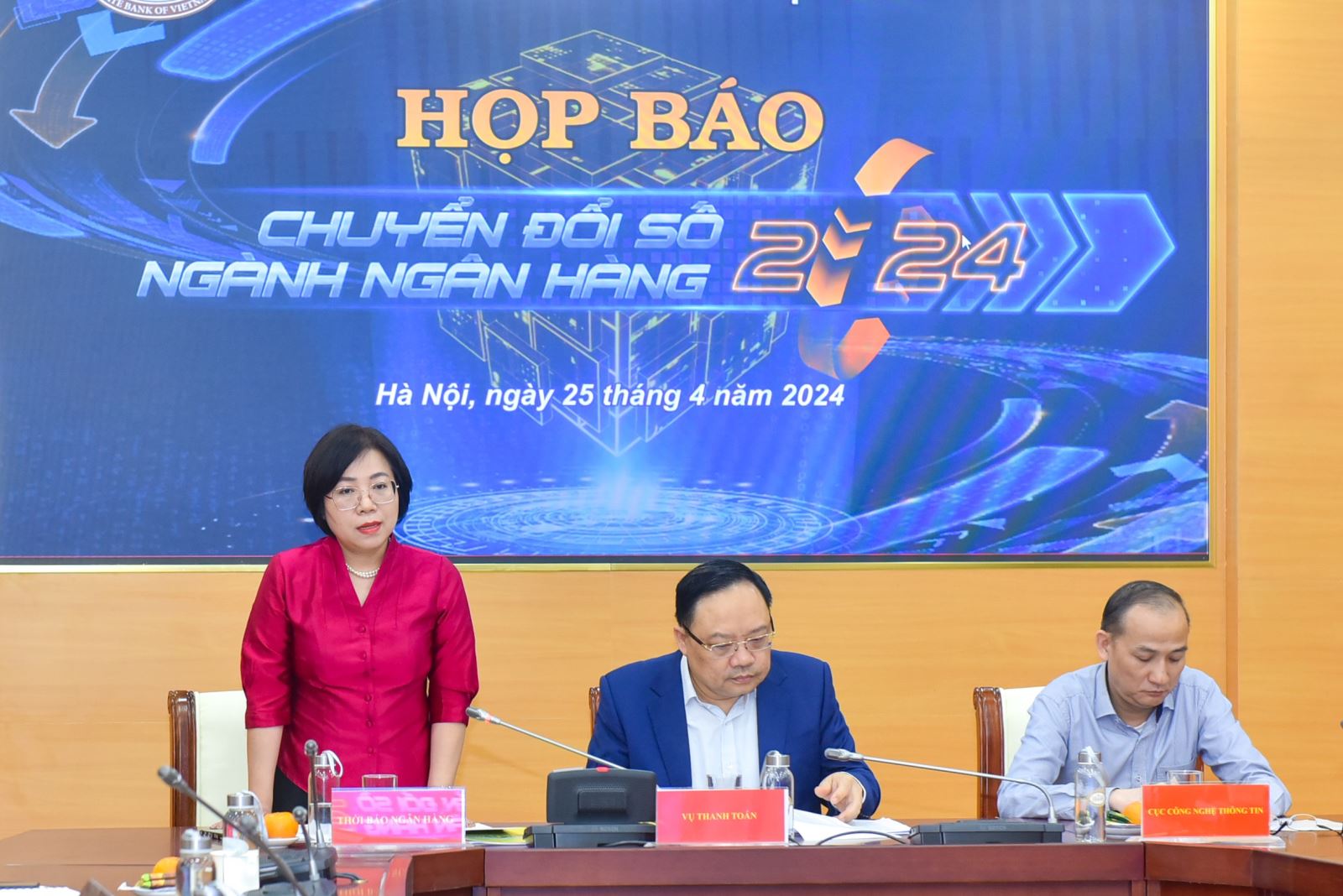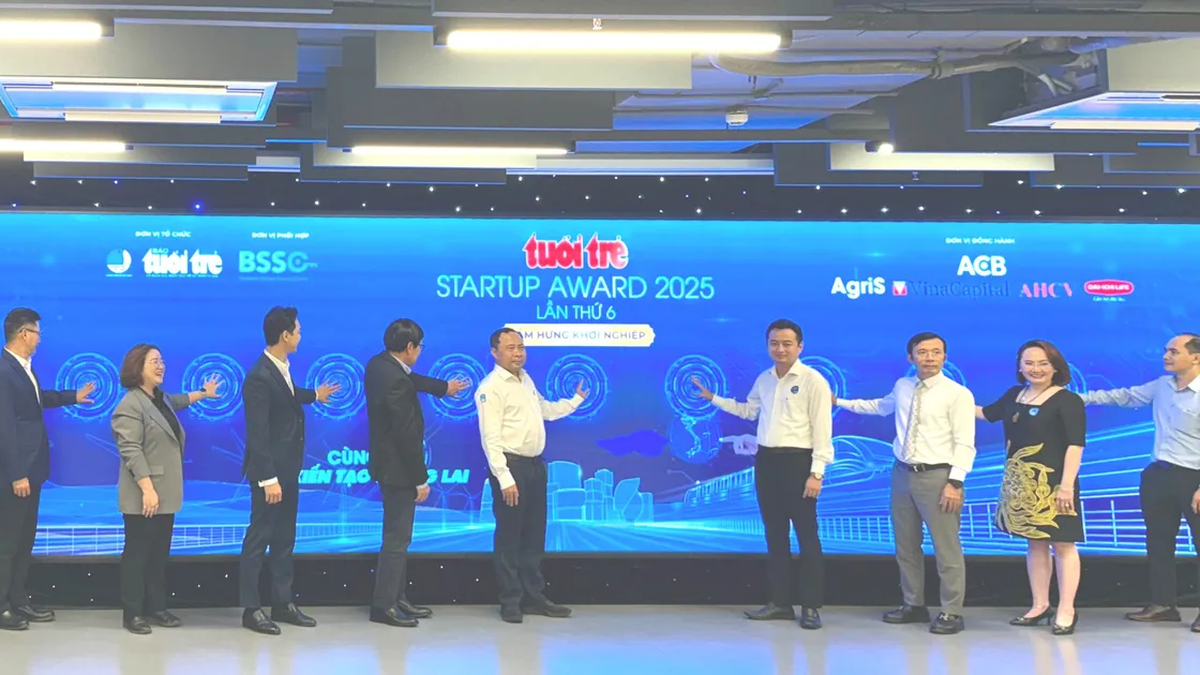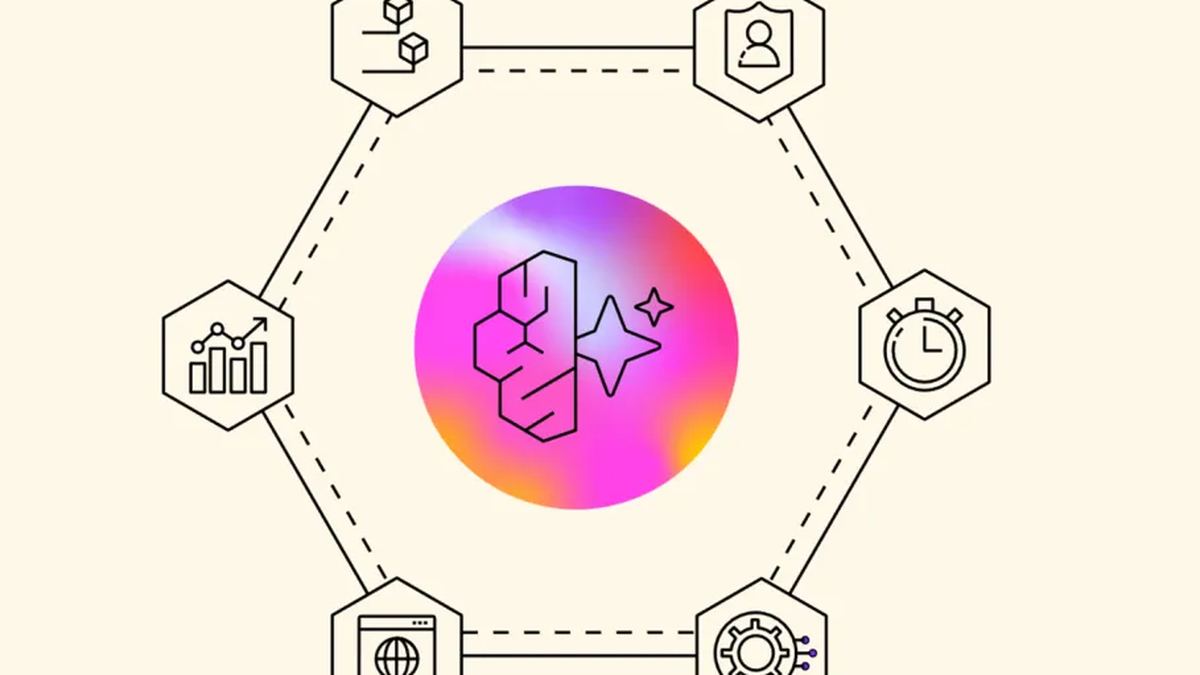By developing digital banking models, increasing convenience, customer experience and realizing the goal of comprehensive finance, sustainable development on the basis of promoting the application of new and advanced technologies in management and operation and providing products and services towards automating processes, optimizing business operations, in which reforming and perfecting the legal framework is an important factor promoting digital transformation in the banking industry.

The Prime Minister discussed the results of applying digital transformation in transactions at the Military Commercial Joint Stock Bank ( MBBank ). Photo: VGP
Along with innovation, improving the quality of product and service provision, enhancing customer experience and meeting customer needs are effective measures of the digital transformation process and applying international experience on breakthrough solutions to promote the application of modern
science and technology to accelerate the implementation of digital transformation goals in the banking industry in Vietnam. Accordingly, the State Bank's management activities will be comprehensively innovated in a modern direction, based on the effective application and exploitation of the achievements of the 4th Industrial Revolution, fully meeting the criteria and indicators on digital transformation of the Government with the goal that by 2025: 100% of the State Bank's public services will be eligible to be upgraded to level 4, 100% of level 4 public services will be integrated on the National Public Service Portal, 90% of work records at the State Bank will be processed and stored in the network environment (except for work records within the scope of state secrets. At least 50% of the State Bank's inspection and supervision activities will be carried out through the digital environment and the State Bank's information system, 100% of reporting regimes, indicators of periodic reports under the State Bank's management (not within the scope of state secrets) will be signed with digital signatures and sent through the system. Information technology to serve the direction and operation work, 100% of transactions on the Public Service Portal and the One-Stop Information System of the State Bank are electronically authenticated.
 Ms. Hoang Thanh Nhan - Editor-in-Chief of Banking Times (leftmost photo), Mr. Pham Anh Tuan - Director of Payment Department and Mr. Doan Thanh Hai - Deputy Director of Information Technology Department (SBV) co-chaired the press conference on the afternoon of April 25.
Ms. Hoang Thanh Nhan - Editor-in-Chief of Banking Times (leftmost photo), Mr. Pham Anh Tuan - Director of Payment Department and Mr. Doan Thanh Hai - Deputy Director of Information Technology Department (SBV) co-chaired the press conference on the afternoon of April 25.
At least 50% of banking operations allow customers to perform entirely in a digital environment; 50% of adults use electronic payment services, at least 70% of customer transactions are conducted through digital channels (contact channels between customers and banks with internet connection), at least 50% of disbursement and lending decisions of commercial banks and finance companies for small loans and consumer loans of individual customers are carried out in a digital and automated manner. Together with the head directly responsible for digital transformation in the agency, organization, and field in charge; Linking digital transformation goals and tasks with the development strategy, action program, and implementation plan of each agency and organization. Develop communication programs, organize training courses, activities and events to provide information and propaganda to raise awareness of officials at all levels about the role and benefits of digital transformation, deploy financial education programs for people and businesses to enhance knowledge and skills in financial management, improve understanding in using banking products and services on digital platforms safely and effectively, integrate content on implementing the Banking Industry Digital Transformation Plan in launching the emulation movement to excellently complete tasks launched by the Governor of the State Bank; honor and reward collectives and individuals with outstanding achievements in digital transformation. Building and perfecting the legal framework to facilitate the digital transformation process in the banking industry, including regulations on non-cash payments, management and supervision of payment activities, domestic and cross-border payments to facilitate the provision of a variety of modern and safe payment products and services to meet the increasing needs of customers, regulations on lending activities to allow electronic implementation and automation of credit institutions' lending processes for customers, regulations to encourage and facilitate the application of digital technologies such as cloud computing, big data, blockchain, artificial intelligence, machine learning... In banking activities, regulations on the collection, exploitation, processing and sharing of customer data with third parties, towards the development of open banking, diversifying the banking ecosystem, on electronic transactions in the banking industry, on security, safety and security, and providing banking services on the Internet environment in the banking industry. Upgrading and modernizing the interbank electronic payment system (IBPS), aiming to operate according to international principles and standards; enhancing the ability to connect with other systems in
the economy and being ready to connect to the real-time gross settlement system (RTGS) of countries in the region according to a suitable roadmap. Expanding and developing the Electronic Switching and Clearing System for retail payment transactions towards establishing a unified and synchronous payment infrastructure, capable of: integrating and connecting other industries and fields, thereby expanding the digital ecosystem and deploying 24/7 payment services; supporting the processing of payment methods, new connection models of payment via QR code, e-wallet transactions, mobile money, card payments, payment accounts... connecting and interconnecting cross-border payment transactions. Along with effectively building and implementing e-Government at the State Bank, forming and developing digital banking models at credit institutions, developing and effectively exploiting digital data, ensuring network safety and security and developing human resources.
Thanh Tu









































































































Comment (0)